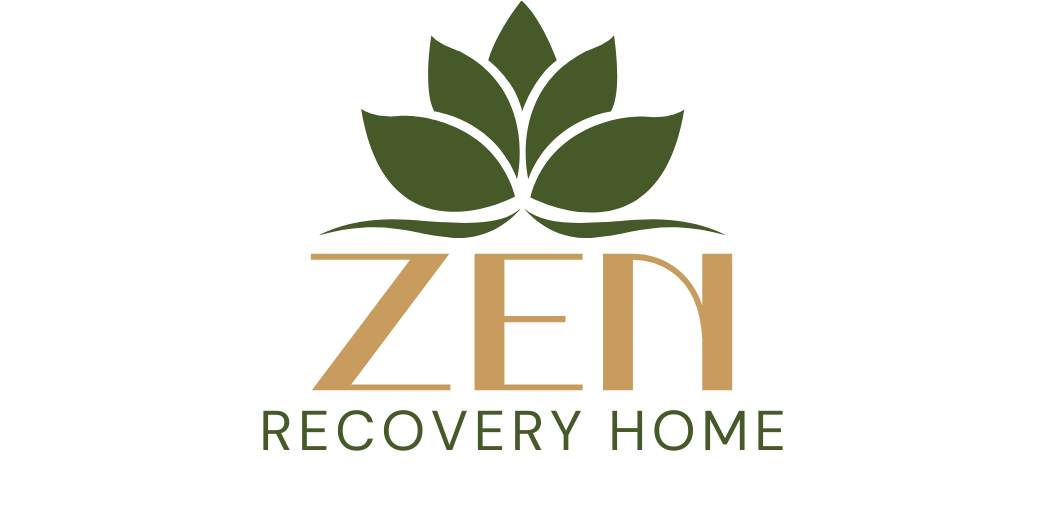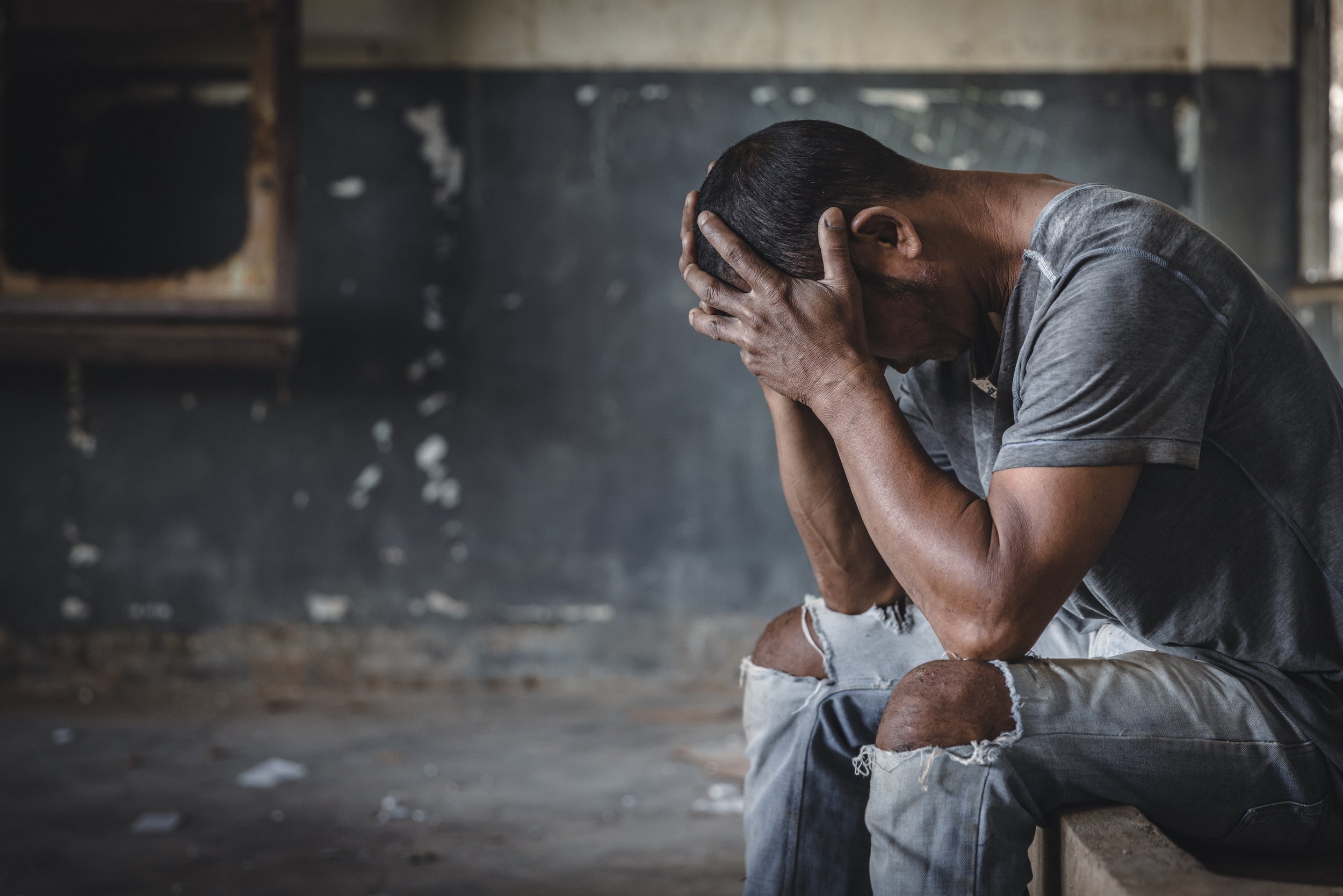The Body’s Burden in Addiction
When we think about addiction, we often picture the mental toll—depression, anxiety, trauma, isolation. But addiction doesn’t stop at the mind. It impacts everything—from your brain to your liver, your sleep to your heart. Recovery isn’t just about getting clean; it’s about healing the entire system.
At Zen Recovery Home, we know that real recovery means treating the whole person. That means rebuilding mental health—but also repairing the body, restoring balance, and learning how to take care of the physical self again. Because mental and physical health aren’t separate. They never were.
The Physical Toll of Addiction
Addiction wears the body down—sometimes quietly, sometimes suddenly. Depending on the substance and duration of use, damage can show up in nearly every major system:
Liver damage: Common with heavy alcohol use or certain prescription medications.
Heart problems: Stimulants like cocaine and meth can increase the risk of heart attack, stroke, or arrhythmia.
Respiratory issues: Smoking or vaping substances—especially opioids or crack cocaine—can lead to chronic lung conditions.
Gastrointestinal distress: Nausea, ulcers, or digestion issues often result from long-term substance use.
Weakened immune system: Addiction can make the body more vulnerable to illness and infections.
Nutritional deficiencies: Poor eating habits, appetite suppression, and malabsorption leave many people malnourished.
Sleep disruption: Most substances wreak havoc on sleep cycles, which in turn affects everything from memory to emotional stability.
Even in early recovery, the body continues to struggle. It may be exhausted, inflamed, or trying to rebalance after years of chemical interference. That’s why a comprehensive healing approach matters.
When Mental Health Goes Untreated, the Body Pays
It works the other way too. Unmanaged depression, anxiety, or PTSD don’t just “stay in the head.” They trigger chronic stress—which floods the body with cortisol and adrenaline. Over time, this can lead to:
High blood pressure
Heart disease
Muscle tension and chronic pain
Digestive issues (like IBS or ulcers)
Fatigue and immune dysfunction
Mental health symptoms also make it harder to follow through with things like:
Taking medication for physical conditions
Keeping medical appointments
Eating consistently
Moving the body
Getting restful sleep
In short, mental and physical health constantly influence each other. When one suffers, the other follows.
Healing the Whole Person: What Integrated Recovery Looks Like
At Zen Recovery Home, we don’t treat addiction as just a chemical dependency. We see it as a mind-body-spirit disconnect—and healing means reconnecting all of it.
Here’s what integrated care looks like in practice:
1. Nutrition That Nourishes
Substance use often leads to skipped meals, nutrient depletion, or reliance on processed foods. In early recovery, blood sugar instability can impact mood, cravings, and energy.
That’s why we provide:
Balanced, nourishing meals that restore essential nutrients
Hydration support and electrolyte replenishment
Education about how food affects mood and recovery
Flexible options for those with GI issues or limited appetites
2. Movement That Heals (Not Hurts)
We’re not pushing anyone to run a marathon. But gentle, consistent movement is one of the fastest ways to reconnect with the body and reset the nervous system.
This includes:
Walking or light cardio
Stretching and yoga for trauma recovery
Mindful movement like tai chi or guided breathwork
Rebuilding physical strength at a comfortable pace
Exercise isn’t just about fitness—it boosts serotonin, helps regulate sleep, and reduces cravings.
3. Sleep That Actually Restores
Many people entering treatment haven’t slept well in years. Sleep disruption caused by substances can continue for weeks or months. We support natural sleep recovery with:
Consistent bedtime routines
Limiting screen time and stimulants
Melatonin support or medication review (if needed)
Creating calming, quiet sleep environments
Quality sleep is the foundation for mental clarity, emotional regulation, and physical healing.
4. Trauma-Informed Mental Health Care
Unresolved trauma lives in the body—and can show up as chronic pain, fatigue, or illness. We offer:
EMDR or trauma-focused therapy
Somatic and mindfulness-based approaches
Psychoeducation on how trauma affects the nervous system
Safe space to talk through fear, shame, or guilt stored in the body
We don’t just ask what’s wrong—we ask what happened, and how it still lives in the system.
Why This Approach Matters
Addiction isn't a narrow problem. It affects everything. So if we only focus on stopping the substance, we miss the full picture. Healing requires:
Rebuilding physical strength
Regulating nervous system responses
Restoring gut health and appetite
Developing new rhythms and routines
Processing emotional pain and finding meaning
It’s not about perfection. It’s about restoration. And that takes time, safety, structure—and real support.
Final Thoughts: You Deserve to Feel Good Again
If you’re in recovery, or thinking about starting, here’s what we want you to know: Your body hasn’t given up on you. Even if it’s hurting. Even if it feels broken. It’s still trying to protect you—and it can still heal.
And if you’re a loved one watching someone go through this, remember: true recovery isn’t just about staying sober. It’s about helping the whole person come back to life—mentally, physically, emotionally.
At Zen Recovery Home, we don’t just help people quit. We help them rebuild. And that includes the parts of themselves they thought were too damaged to restore.
Need support?
Call or message us today. Whether you're seeking detox, residential care, or a compassionate place to start again—we're here. Your body matters. Your mind matters. And healing them both is not just possible—it’s necessary.

